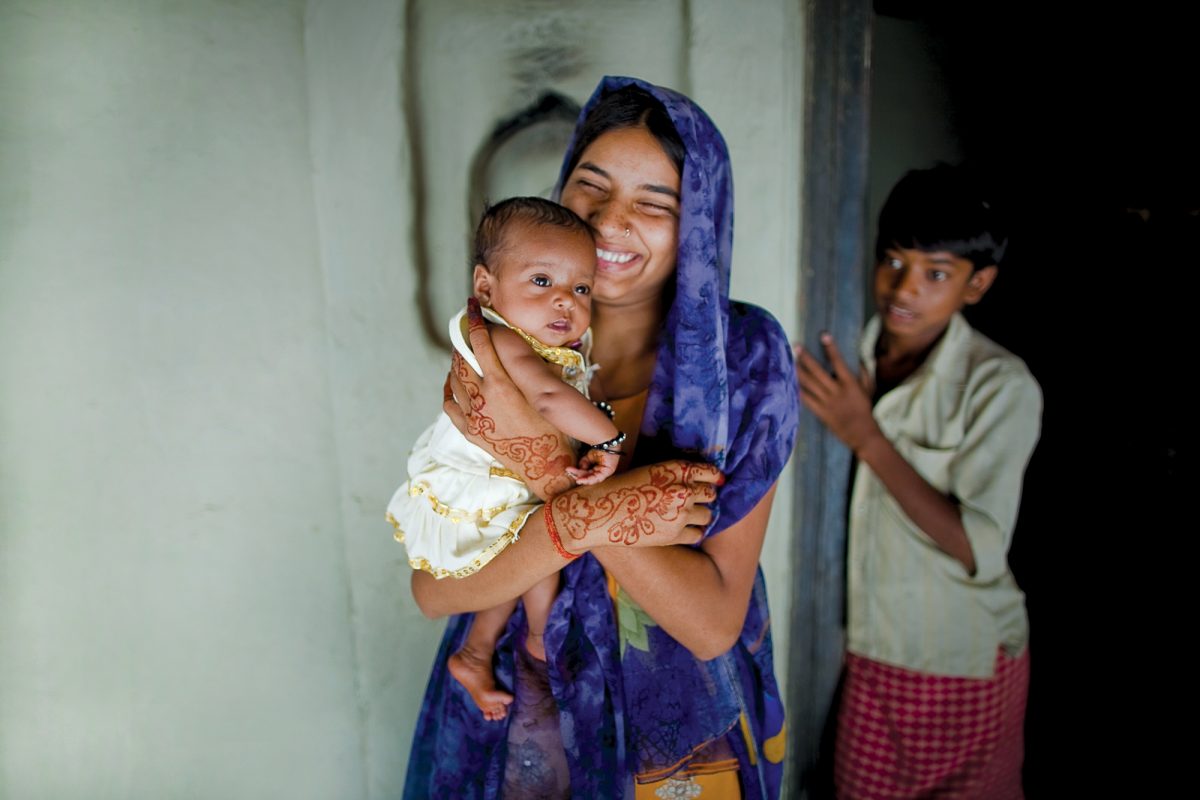The University of Manitoba received $167.7 million from the Bill & Melinda Gates Foundation supporting global public health research. The foundation, widely known for its efforts to reduce inequity, has supported UM researchers determined to create positive change in partnership with communities, from curbing HIV/AIDS in countries such as Kenya, to advancing understanding of breast milk in Pakistan, to helping mothers safely deliver healthy babies in India.
How do you capture the impact of gifts so large they transcend borders and affect generations to come? Here’s one story—of many—that shows how, through the support of the Bill & Melinda Gates Foundation, UM’s Centre for Global Public Health is advancing health for all.
UM researchers arrived in India’s most populous state to join efforts to improve maternal and newborn health. They quickly recognized the need to identify important gaps in the care system. With the support and partnership of the Bill & Melinda Gates Foundation, the team led by the Centre for Global Public Health spoke with local women, frontline workers, policymakers and program managers. With them, they sought pathways to reduce neonatal mortality in Uttar Pradesh, where more than 40 newborns out of every 1,000 were dying within their first month of life.
The team systematically mapped gaps in the availability of facilities that provide maternal and newborn care—a large reason why only about 50 per cent of pregnant women were being seen by skilled medical professionals. Women in villages had limited access in close proximity to their homes, so less than half of rural women in these underserved districts received any prenatal care at all.
“Though they wanted access to care, many women were unable to leave their many responsibilities or lacked the resources to visit distant health facilities,” says James Blanchard [BSc(Med)/86, MD/86], the Centre’s director and a Canada Research Chair in Epidemiology and Global Public Health.
Working with the government of Uttar Pradesh, the team developed plans to improve access. Facilities were activated in regions where there were gaps. A statewide program to provide prenatal care within villages was strengthened.
Over the next five years, the number of women receiving prenatal care doubled, to nearly 90 per cent. Today, almost 70 per cent of women are delivering babies in proper facilities.
“Though they wanted access to care, many women were unable to leave their many responsibilities or lacked the resources to visit distant health facilities.”
The UM team also identified areas where nurses and doctors could improve their knowledge and skills for delivering life-saving clinical care. Again, working with the local government, they improved the quality of care by establishing a broad network of mentors for medical teams. More recently, the program has focused on improving the availability of medical specialists, essential drugs and equipment to boost emergency care and reduce maternal and neonatal mortality in more specialized centres.
“The confidence and competency of frontline workers has gone up. You can see it in the way they go about their work and the way they talk. Nurses and doctors know how to deal with delivery complications now. There’s still a long way to go but you do see changes,” says Blanchard.
“We’re there as partners to do things together and to learn together. We try to become a part of the existing system rather than someone descending in from outside to help. Those of us trained in public health really care about how we can create better programs, so the most gratifying part is seeing the ideas we create with our partnerships make an impact. That’s what matters.”







